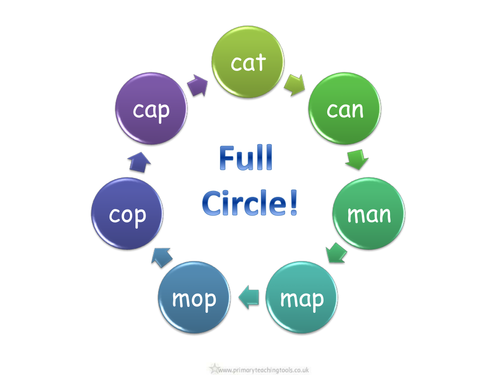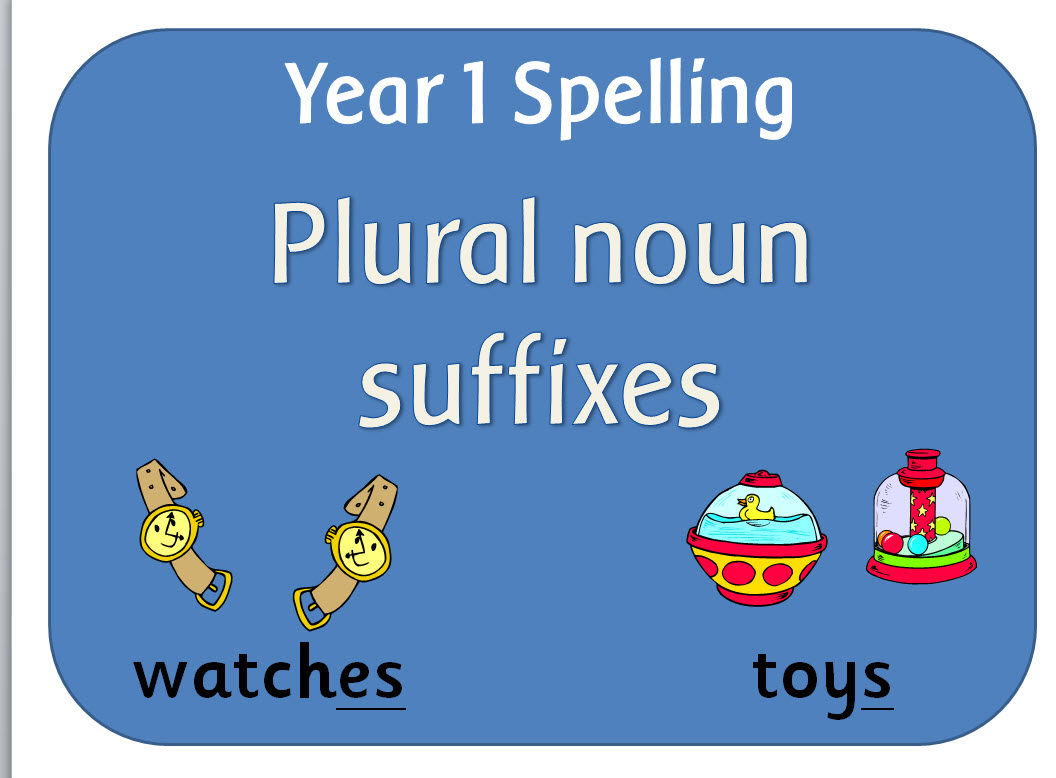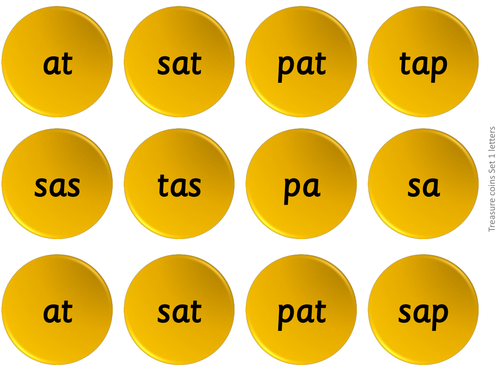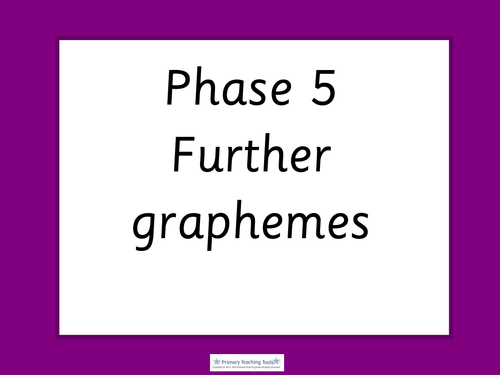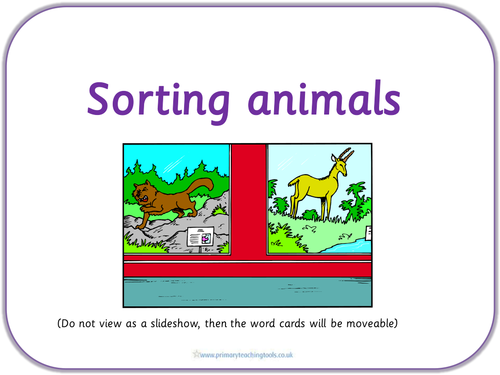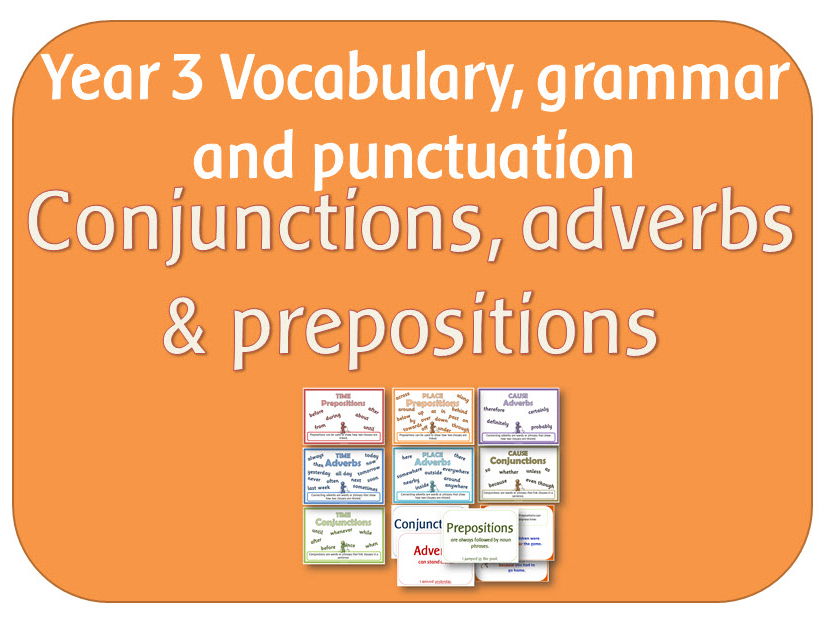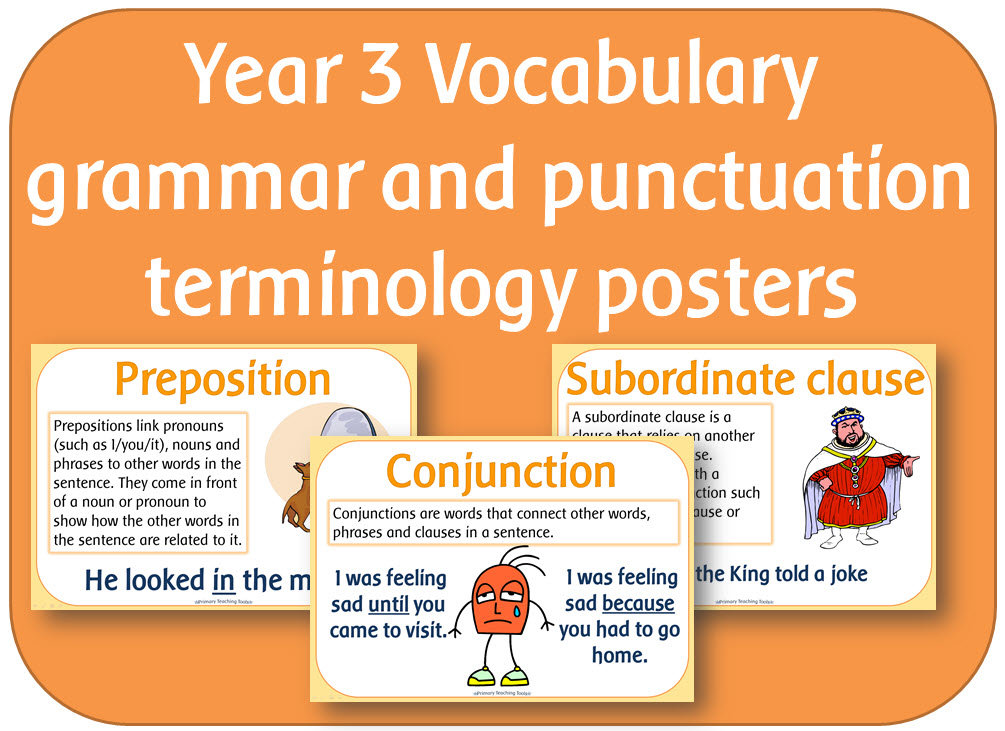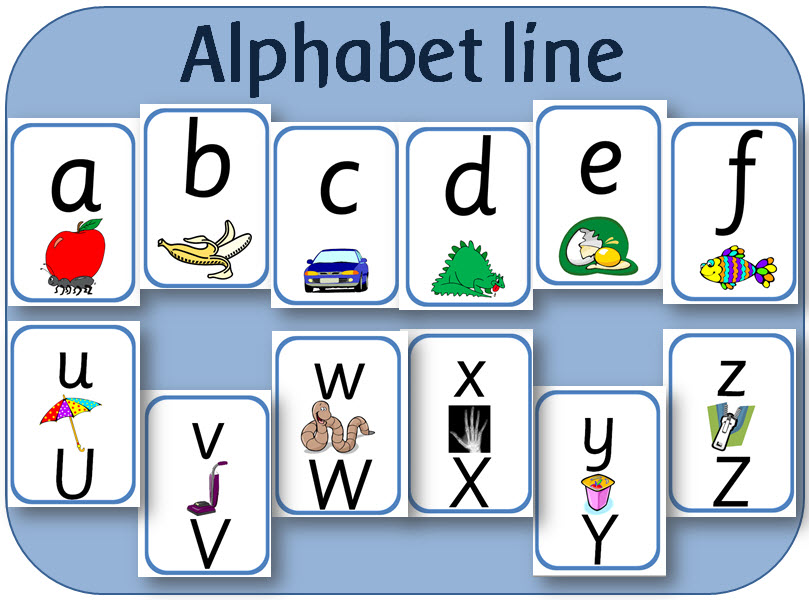
404Uploads
1066k+Views
681k+Downloads
English language arts

SPaG Year 5 & 6 Spelling: Words with silent letters
A pack of resources to teach about words containing silent letters.
POWERPOINTS
Words with silent letter k
Words with silent letter g
Words with silent letter w
Words with silent letter b
Words with silent letter c
Words with silent letter d
Words with silent letter n
Words with silent letter t
Words with other silent letters
Words with silent letter and unusual letter patterns
PDF (PRINTABLE) RESOURCES
Look Write Cover Check x 10: For spelling practice (Each one matches the words contained in each PowerPoint)
Silent letters k g and w worksheet: Words to sort into which silent letter they contain
Words with silent letter b worksheet: Jumbled words to rearrange then write a sentence.
Words with silent letter c worksheet: Jumbled words to rearrange then write a sentence.
Words with silent letters d and n worksheet: Jumbled words to rearrange then write a sentence.
Words with silent letter t worksheet: Jumbled words to rearrange then write a sentence.
Words with silent letters missing: To fill in then write a sentence.

Phase 2 Letters and Sounds phonic resources: Full circle powerpoints and display
6 presentations/ printable files showing full circle words.

Letters and Sounds Phase 5 Phonic pack: Alternative spellings of short /ur/, /ow/, /oi/ and /ear/
There are a variety of different activities for each phoneme.
The descriptions of the powerpoints are as follows:
Word list powerpoint: Begins with a list of words for reading, then shows each word individually for writing.
Best Bet powerpoint: Introduces the different graphemes for each phoneme, then shows a picture and part of a word, with the relevant grapheme hidden. The children have to choose which grapheme is missing. Each word is added to a table that can be analysed at the end of the game.
Homophones with pictures powerpoint: Contains identical sounding words relating to the phoneme, showing the different spellings and pictures to help remember which is which.
Homophones: Contains identical sounding words relating to the phoneme, with no pictures.
Phoneme Spotter Stories - Three versions of each story - PowerPoint, Smartboard, and pdf format.
Rhyming word generation Smartboard file for recording words with different graphemes.

KS2 HOMOPHONES posters / flashcards
A set of A4 posters containing all the homophones identified in the Year 3/4 and 5/6 spelling appendix.
Each page is split into 2 so that 2 homophones are printed on one page. You can cut them in half and use as flashcards or leave them whole and display them. For Y3/4 there are 21 pages, plus 3 pages containing just one word. For Y4/5 there are 24 pages plus 1 page containing just one word, plus a set of 4 noun/verb posters.
3 & Y4 HOMOPHONES:
accept except
affect effect
ball bawl
berry bury
brake break
fair fare
grate great
groan grown
here hear
heel heal he’ll
knot not
mail male
meat meet
medal meddle
missed mist
peace piece
plain plane
rain rein reign
scene seen
weather whether
whose who’s
Y5 & Y6 HOMOPHONES:
aisle isle
aloud allowed
affect effect
altar alter
ascent assent
bridal bridle
cereal serial
compliment complement
descent dissent
desert dessert
draft draught
farther father
guessed guest
heard herd
led lead
morning mouring
past passed
precede proceed
principal principle
prophet profit
stationary stationery
steel steal
wary weary
who’s whose
Y5 & Y6 HOMOPHONES - nouns and verbs: Each set prints onto 1 A4
advice advise
device devise
licence license
practice practise

SPaG Year 1 Spelling: Adding s and es to words (plural of nouns and third person singular of verbs)
A set of resources to teach the guideline/rule in the Spelling Appendix: If the ending sounds like /s/ or /z/, it is spelt as –s. If the ending sounds like /ɪz/ and forms an extra syllable or ‘beat’ in the word, it is spelt as –es.
4 POWERPOINTS:
Introduction to regular plural noun suffixes: Explains what singular and plural is, and when to add s or es to nouns.
Regular suffix s and es sentences: Gives the spelling rule, if the ending sounds like /s/ or /z/, it is spelt as s. If the ending sounds like /ɪz/ and forms an extra syllable or ‘beat’ in the word, it is spelt as es. It gives examples of different types of words with these endings and ends with sentences for children to think of the missing plural word.
s or es quiz: Interactive quiz where the children have to choose between adding s or es.
ACTIVITIES:
Adding s or es worksheet: A list of words to make plural.
Show me cards - s or es
WORD:
Outline adaptable plan
List of words with plurals and verbs ending -es

SPaG Year 5 Word Grammar: Verb prefixes
A set of powerpoints and activities to teach verb prefixes such as dis-, de-, mis-, over- and re-, with a recap of previously learnt prefixes.
POWERPOINTS:
Prefixes un- dis- and mis-: Looks at the 3 prefixes; how they change the meanings of words; and words they can be added to.
Changing words into negatives with prefixes: un, de, anti, dis and il
Prefix meanings: 9 prefixes and their meanings
Prefixes dis, de, mis, over, re and pre: Looks at each prefix and words containing them individually, so one can be taught per session.
PRINTABLE FILES (PDF):
Prefix list and meanings
Prefix word list dis de mis over & re (word file)
Wordsearch x 6 (un-, dis-, de-, mis-, pre- and re-)
Change the paragraph to the opposite meaning using prefixes worksheet
Definitions worksheets x 4
Definitions matching cards
Extension work - more prefixes x 3 worksheets
Negatives

Phase 2 Letters and Sounds phonic resources: Buried treasure activity pack
A set of coins to print and 2 smartboard activities.

Letters and Sounds Phase 5: Further graphemes powerpoint
Flashcards in powerpoint for quick recognition of further graphemes.

Subordination and co-ordination powerpoint, worksheets and posters: SPaG Year 2 Sentence
A PowerPoint lesson explaining what subordination and co-ordination are with accompanying worksheets and posters, designed to teach the Y2 Sentence objectives.
The set contains:
POWERPOINT:
Subordination and coordination
A 7 page PowerPoint explaining how to connect sentences and clauses using subordination (when, if, that and because) and co-ordination (using or, and or but.)
It gives examples of how to use them in sentences then gives sentence starters for the children to complete using the words above.
ACTIVITIES / WORKSHEETS:
Co-ordination writing sheets x 4: Each sheet has a different picture. The children have to write sentences using the words and, but and or.
Subordination worksheets x 4: Each sheet has a different picture. The children have to write sentences using the words when, if, that and because
DISPLAY:
Two posters explaining subordination and co-ordination with examples and a heading.

SPaG Year 1 : Plural noun suffixes powerpoint and worksheet
A powerpoint lesson, worksheet and plan on plural noun suffixes:
Plural noun suffixes: A powerpoint explaining the meaning of singular, plural and what a suffix is. It explains what effect the addition of s or es has on nouns.It ends with an interactive game.
Plural noun suffix worksheet

SPaG Year 3 Sentence Grammar: Time, place & cause using conjunctions, adverbs & prepositions
Includes a powerpoint, vocabulary cards and a set of posters.
POWERPOINT: explains the difference between conjunctions, adverbs and prepositions, giving examples of where and how to use them.
4 sets of display:
SET 1 Time place and cause connectives: This set contains 3 headings and sets of words in clouds to display around the headings time, cause and place. There are blank clouds for you to add your own.
SET 2) Conjunctions adverbs and prepositions cards: In this set there are 5 words per A4 page which can be cut up for display. The words are organised into conjunctions, adverbs and prepositions with an A4 title for each.
SET 3) Conjunctions, adverbs and prepositions posters: These posters splits the connectives into sets of Time/Cause/Place and conjunctions/adverbs/prepositions. There are 7 A5 pages plus a title page.
SET 4) Co-ordinating and subordinating conjunctions: These posters explain the difference between the two types of conjunctions and give examples of each in clouds.

SPaG Year 5 & 6 Spelling: Endings which sound like /ʃəl/ usually spelt -cial or -tial
The powerpoint lesson explains that cial is common after a vowel letter and tial after a consonant letter and gives examples of the exceptions. It ends with a spelling activity
PDF (PRINTABLE) RESOURCES:
LWCC cial words: For spelling practice
LWCC tial words: For spelling practice
Word endings cial or tial worksheets x 2
Wordsearch cial and tial word endings
Word list

SPaG Year 6 Word Grammar: Formal and informal vocabulary
A powerpoint lesson and worksheet to teach the difference between vocabulary typical of informal speech and vocabulary appropriate for formal speech and writing.

Alphabet bingo - initial sounds game
This set contains 20 picture bingo cards and 20 letter bingo cards to play in large or small groups.
Each card prints onto an A4 page (although you can alter the printer settings to print smaller versions if required.)
The small calling cards (pictures and letters) can be used to cover up or match the picture or letter sounds.
The larger calling cards (pictures and letters) can be held up for the children to look at.

Year 3 Vocabulary grammar and punctuation terminology posters
A set of A4 posters to print and display.
They contain all the 'terminology for pupils' identified in Appendix 2 for Year 3:
Adverb; Preposition; Conjunction; Word family; Prefix; Clause; Subordinate clause; Direct speech; Vowels; Consonants; Inverted commas/speech marks; Nouns; Present perfect; Punctuation

SPaG Year 5 Terminology powerpoint
Explains the terminology specified in Y5: modal verb, relative pronoun, relative clause, parenthesis, cohesion and ambiguity.

Letters and Sounds Phase 4: Reading and writing CVCC words
A variety of interactive and printable activities for reading and writing words ending with adjacent consonants.
Includes:
In the box games
Matching words and pictures games
Buried treasure game
Writing activities
Phoneme frames

Alphabet line / frieze for display with lower and upper case letters
This set contains 26 alphabet flashcards in lower case and 26 in upper and lower case, both in Sassoon Primary font, with pictures matching each initial letter sound.
There are also alternate lower case letters for f and k, plus ck, ll, ff, ss and zz.
There are 2 cards per A4 page for you to print as many times as you like.
They can be used as flashcards, for an alphabet frieze or other display work.

Handwriting sheets for KS1: lower and upper case letters and digits
This set contains a variety of writing worksheets to promote correct letter formation.
The font used throughout is Sassoon, plus a slanted dotted handwriting version in the lower case letter packs
PENCIL CONTROL SHEETS: A range of pre-letter formation sheets to get children used to the directions and actions needed for writing letters
Arches
Crosses
Curls
Lines
Peaks
Snakes
Zigzags
Zeds
LOWER CASE LETTERS: This set consists of 4 folders of different handwriting families
SET 1: Downward strokes
Dotted letters l t i j
Dotted letters u and y
Sassoon letters l t i j
Sassoon letters u and y
All downward letters
SET 2: Down and retrace
Downward letters b k h dotted
Downward letters m n r p dotted
Sassoon downward letters b k h k (2 versions with curly/straight k)
Sassoon downward letters r m n p
All down/retrace letters
SET 3: curly letters
Curly letters a c o dotted
Curly letters d g q dotted
Sassoon curly letters a c o
Sassoon curly letters d g q
Sassoon curly letters e f s (curly and straight versions of f)
Sassoon curly letters c o a d g q
SET 4: Zigzag letters
Dotted zigzag letters v w z x
Sassoon zigzag letters v w z x
Plus a digit formation 0-9 sheet
CAPITAL LETTERS: These are divided into similarly formed letters
Curled capitals C G O Q S
Capitals diagonal X Y V W
Capitals straight E F H I L T
Capitals straight then diagonal A M N Z K
Capitals straight then curled B D P R U J
DISPLAY / ACTIVITIES
Topic covers - 5 different versions with the heading 'My Handwriting Book' for children to keep their work together.
Hollow letters: Each letter prints onto 1 A4 sheet. Can be laminated for finger painting etc, or used as activity sheets. There are two versions, one with large letters filling the page, the other with smaller letters.
Lower case letter formation: This can be used for display as a reminder of correct letter formation, or laminated and used in practical activities. The posters show fingers pointing where to begin writing, where to end, and which way to go - children can see at a glance if they are forming their letters correctly.
BLANK HANDWRITING SHEETS
Two different versions with different line widths.
Where possible, alternate ways of writing k and f are included.


